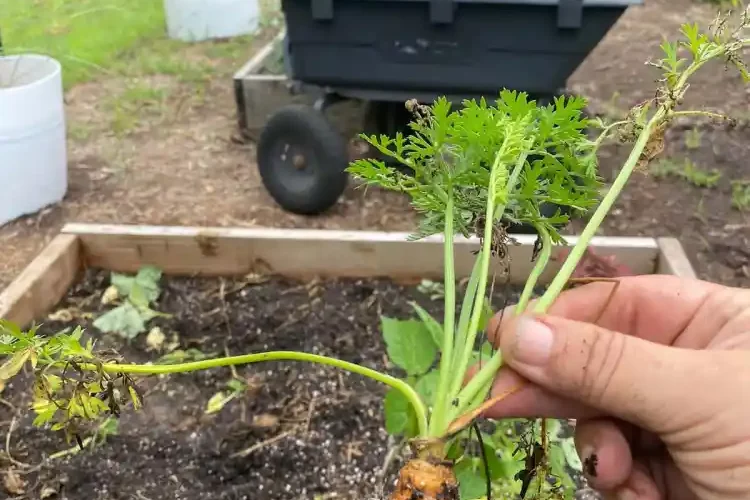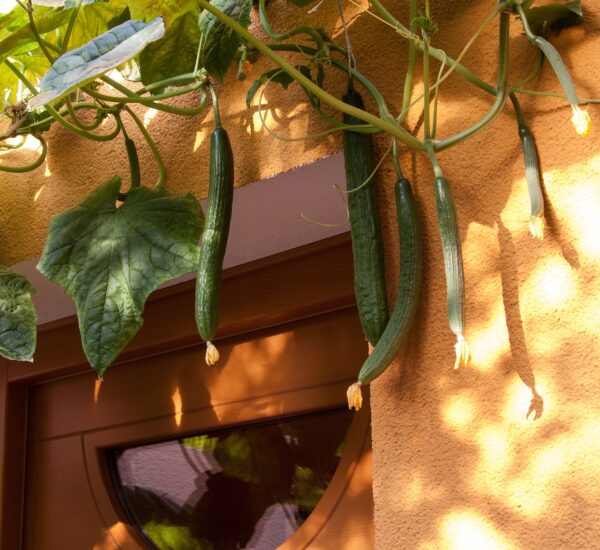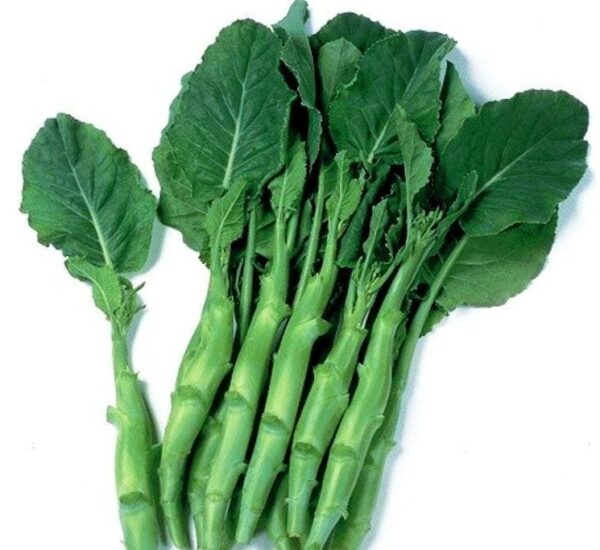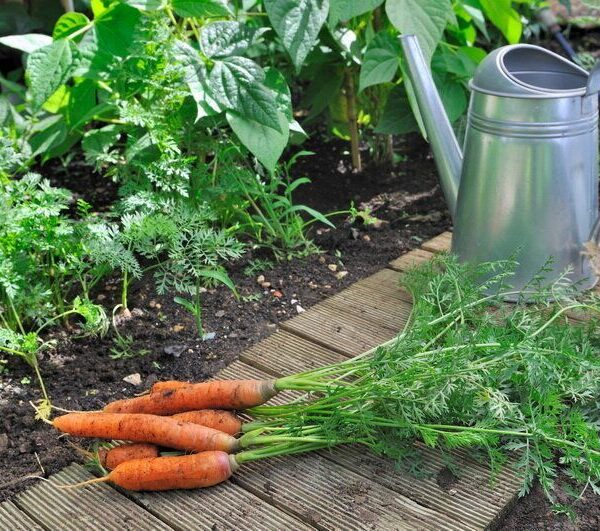Understanding Carrot Nutrient Needs
Nutrient Requirements
Carrots require a balanced supply of essential nutrients, including nitrogen (N), phosphorus (P), and potassium (K), along with micronutrients such as calcium and magnesium, for healthy growth and development.
Soil pH
Carrots prefer slightly acidic to neutral soil pH levels ranging from 6.0 to 6.8. Maintaining proper soil pH is crucial for nutrient availability and uptake by carrot plants.
Recommended Fertilizers for Carrots
Organic Compost
Organic compost is an excellent source of nutrients and organic matter, providing a slow-release supply of nitrogen, phosphorus, and potassium. Incorporating compost into the soil before planting carrots improves soil structure and fertility.
Well-Aged Manure
Well-aged composted manure, such as cow or horse manure, is rich in nitrogen and other essential nutrients. Applying composted manure to the soil before planting carrots adds fertility and promotes healthy root development.
Balanced Fertilizers
Balanced fertilizers, such as 10-10-10 or 5-10-10 blends, provide a mix of nitrogen, phosphorus, and potassium, along with micronutrients. These fertilizers can be applied before planting or as side-dressings during the growing season to supplement soil fertility.
Application Methods and Timing
Pre-Planting Application
Incorporate organic compost or well-aged manure into the soil several weeks before planting carrots. This allows time for the nutrients to become available to the plants and ensures even distribution throughout the root zone.
Side-Dressing
Apply balanced fertilizers as side-dressings around carrot plants when they reach the thinning stage or begin to form roots. Avoid direct contact with carrot foliage to prevent burning.
Soil Testing and Nutrient Management
Soil Testing
Conducting a soil test before planting carrots helps determine the existing nutrient levels and pH of the soil. Soil test results guide fertilizer application rates and ensure proper nutrient management.
Fertilization Schedule
Develop a fertilization schedule based on soil test recommendations and the specific nutrient needs of carrots at different growth stages. Adjust fertilizer applications as needed to maintain optimal soil fertility.
Conclusion
Choosing the best fertilizer for carrots involves understanding their nutrient requirements, soil pH preferences, and proper application methods. By selecting appropriate fertilizers and following recommended practices for soil testing and nutrient management, gardeners can ensure healthy and productive carrot crops.
What nutrients do carrots need to grow effectively?
Carrots require a balanced supply of nitrogen (N), phosphorus (P), and potassium (K), along with micronutrients such as calcium and magnesium, for healthy growth and development.
Is organic compost or synthetic fertilizer better for growing carrots?
Both organic compost and synthetic fertilizers can be suitable for growing carrots. Organic compost provides a slow-release supply of nutrients and improves soil structure, while synthetic fertilizers offer precise nutrient formulations.
How often should I fertilize my carrot plants?
Carrot plants benefit from fertilization before planting and during the growing season. Apply fertilizer before planting carrots and side-dress with additional fertilizer when plants reach the thinning stage or begin to form roots.
Can I use chicken manure as fertilizer for carrots?
Chicken manure can be used as a fertilizer for carrots, but it should be well-aged or composted to avoid burning the plants. Incorporate composted chicken manure into the soil before planting carrots for best results.
What is the ideal NPK ratio for carrot fertilizer?
The ideal NPK ratio for carrot fertilizer depends on soil test results and specific nutrient requirements. A balanced fertilizer with an NPK ratio of 10-10-10 or similar can provide adequate nutrition for carrot plants.
Should I use liquid fertilizer or granular fertilizer for carrots?
Both liquid and granular fertilizers can be used for carrots, depending on personal preference and application methods. Liquid fertilizers are easily absorbed by plants, while granular fertilizers provide slow-release nutrients.
Can I use fish emulsion as fertilizer for carrots?
Fish emulsion can be used as a fertilizer for carrots, providing a source of nitrogen and other nutrients. Dilute fish emulsion according to package instructions and apply it to carrot plants as a foliar spray or soil drench.
Are there any organic alternatives to traditional fertilizers for carrots?
Yes, organic alternatives to traditional fertilizers for carrots include compost, well-aged manure, fish emulsion, bone meal, and kelp meal. These organic fertilizers provide nutrients while improving soil health and fertility.
How deep should I apply fertilizer when planting carrots?
When planting carrots, mix fertilizer into the soil at the bottom of the planting furrow or trench, about 4 to 6 inches deep. Avoid direct contact between fertilizer and carrot seeds to prevent burning.
Will over-fertilizing carrots harm the plants or affect the flavor of the carrots?
Over-fertilizing carrots can lead to excessive foliage growth, poor root development, and decreased yield. Additionally, it may result in nutrient imbalances and negatively impact the flavor and quality of the carrots.
- How to Prevent and Reduce Knee and Back Pain While Gardening - July 19, 2024
- Garden Myth: Compost tumblers make compost in two weeks - July 17, 2024
- How do you clean and care for garden tools? - July 16, 2024





